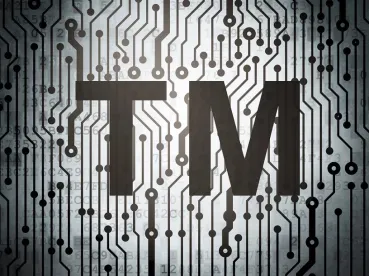Bolstered by a federal statute which gives the Olympic names and symbols special protections beyond the basic principles of trademark law and entitles the United States Olympic Committee (USOC) to broader enforcement rights than ordinary trademark owners, the USOC has long pursued an aggressive enforcement position against attempts by third parties to associate themselves with the Olympic games without permission.
Under US law, the USOC does not need to prove a likelihood of confusion in order to prevail on a claim for trademark infringement and certain statutory defences are not available to an alleged infringer of rights belonging to the USOC. Moreover, US law grants the USOC the ability to seek an injunction and treble damages in a civil action against any third-party uses of the Olympic marks and logos without permission for purposes of inducing the sale of any goods or services.
With the extensive power and scope of rights granted to it by federal statute, the USOC sends out a great deal of cease and desist letters asserting positions against businesses that are not official sponsors of the Olympics. Many of the letters sent by the USOC relate to social media postings and the use of hashtags. Indeed, as per the USOC’s Brand Usage Guidelines, the USOC has taken the position that commercial entities other than news media outlets and Olympic sponsors may not make social media postings, which include Olympic imagery, terminology, images of athletes in Olympic Games competition or Olympic medals, and may not use any of the USOC’s trademarks in hashtags. These limitations include re-tweets and even wishing an Olympic athlete good luck.
In August, an entity called HSK LLC, d/b/a Zeroez, believing that the USOC’s enforcement position was overly broad, decided to take the fight to the courts and led a complaint in the US District Court in Minnesota seeking declaratory judgment regarding its rights to discuss the Olympics in social media. In its complaint, Zeroez asked the Court to rule that businesses that are not official Olympic sponsors can mention the Olympics in social media without violating the rights of the USOC. Zeroez argued that the USOC’s actions violate the First Amendment and “have the effect of chilling, silencing and censoring Zeroez’s speech about the Olympics on social media”.
In response to the complaint, the USOC filed a motion to dismiss, arguing that declaratory judgment was not appropriate in the case at hand because there was no dispute between the parties. The USOC pointed out that the Zeroez did not make any statements about the Olympics in social media and had not had any contact with the USOC prior to filing its complaint.
Although a decision may not ultimately be issued on the merits of Zeroez’s arguments, this case potentially opens the door for parties to ght back against the demands of the USOC. The case will be hotly monitored, as it has a great deal of significance with respect to the USOC’s ability to pursue enforcement efforts against the use of Olympic imagery in social media in future games.





 />i
/>i

